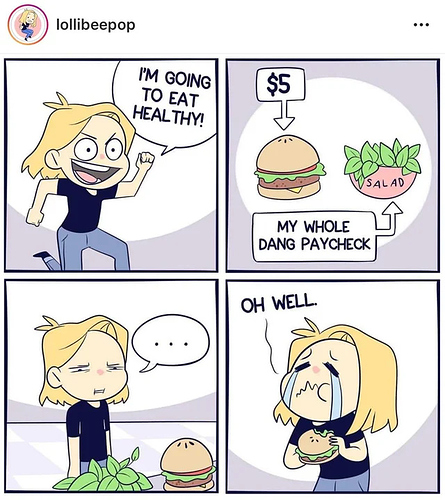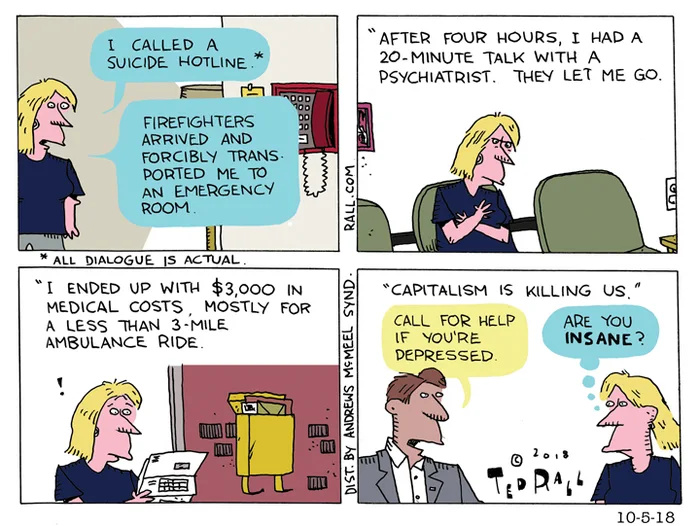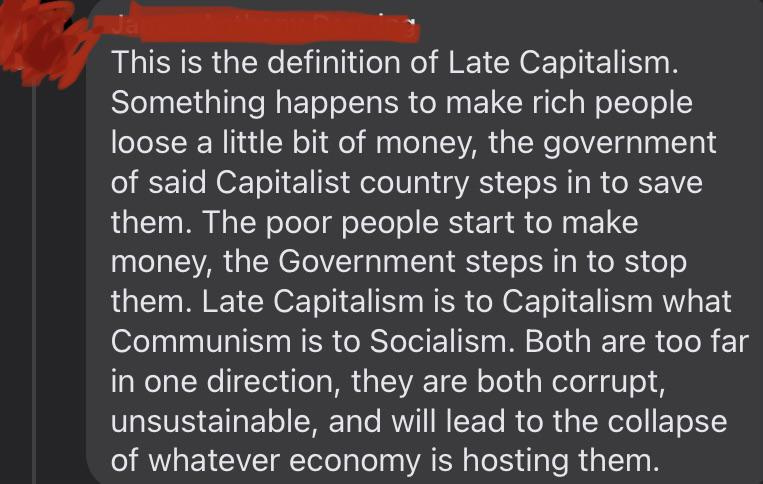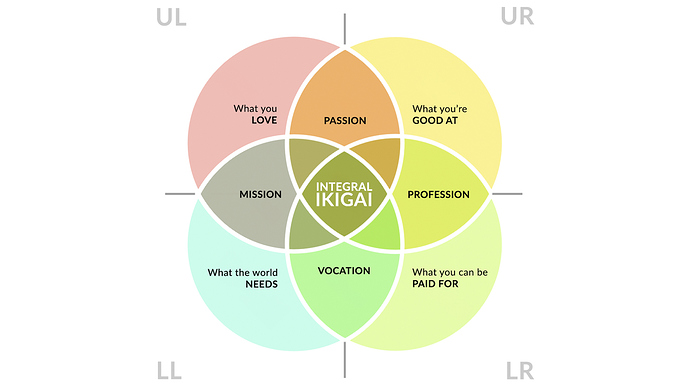EDIT: This should have been posted in the Information Warfare thread. My bad!
Here’s the challenge as I see it.
Running a multiperspectival community requires members who are themselves capable of taking multiperspectival views. People who are either unwilling or unable to take multiperspectival views (such as an ability to criticize one’s own preferred political allegiances, for example) are unable to contribute to the multiperspectial space, because their contributons tend to cause the discussion to collapse into monoperspectival belief systems.
Case in point — the Wang Huning thread ended up being disrupted once a member diverted the discussion to a hypothetical future impeachment of Joe Biden. And that immediately collapsed the breadth and depth and richness of the discussion where everyone could find some point of agreement, back to a basic fact-checking “one of these perspectives is true, the other isn’t” discussion. And I participated with this — I should have caught the diversion sooner than I did, and then redirected the conversation to a more appropriate thread.
But it’s one example of how a monoperspectival comment was able to throw an entire conversation off track.
This is one reason why I emphasize 3rd-person verifiable evidence as much as I do. Because that is the minimal number of perspectives required to get a meaningful discussion off the ground. Ideally we get into 4th-person and 5th-person perspectives as well, but 3rd-person seems to be a minimum. It’s not enough to base an integral conversation off of assumptions, stereotypes, or low-resolution caricatures of your perceived opponents.
So what does “multiperspectival” mean? Doesn’t it mean “everyone is right”, and therefore “everyone is invited”?
Well, yes and no. It means that everyone has a piece of the truth — but some pieces are bigger, better, and more true than others. However, to “transcend and include” is simultaneously to “negate to preserve” — which means, integral needs to be able to carefully discern fact from fiction, and negate the fictions by grounding the discussion in verifiable 3rd, 4th, and 5th person perspectives.
In other words, the only way to maintain a mulltiperspectival “community of the adequate”, is to negate people’s monoperspectival views. It is an inherent tension, maybe even contradiction, of integral enactment itself, I think.
Now, my impulse is generally not to negate the entire person — you’ll notice I have never banned anyone from this community. But I will do my own ongoing diligence to negate the views that simply cannot fit within a larger integral framing, while doing my best to include the underlying values that animate those views in the first place. There is almost always a place where we can find agreement. But we have to be willing to dig deeper, and contact the source of those views in the first place.
I cannot enfold with the view that 2+2=5. There is simply no way to reconcile that with the rest of the integral math. However, we can talk about the sorts of conditions that generate views like “2+2=5” in the first place, and then try to address that.
Similarly, I cannot enfold with the view that the 2020 election was stolen, without a strong body of objective, falsifiable evidence to support that case. I support people’s right to demand that evidence, I support the right of a political party to challenge and verify election results, and to use our court systems in order to verify the evidence. However, if the evidence falls short, if the court systems reject the evidence because it does not fulfill the minimum 3rd-person standards of proof, then we need to be willing and able to rethink our views and let go of the ones that are simply not supported. THAT is an example of a multi-perspectival perspective, the capacity to rethink our view when either new evidence comes along, or when old evidence is critically debunked.
So, when I dig deeper, the only way I am able to really enfold with people who continue to believe without evidence that the election was stolen, is to shift the conversation away from election results, and toward the topic of “trust” and “legitimacy”. Because where I can truly resonate is in my own shared view that our institutions —media, political, economic, medical, etc. — have failed to rise to the challenge of our current cultural and social selection pressures, and have therefore squandered whatever goodwill we collectively placed in them. I understand why people have fallen into total distrust, and even cynicism. Because that trust has been battered and bruised, especially over the last decade, which is causing a collapse of legitimacy in many of the institutions our society continues to depend on. Which is exactly how we arrived at things like Qanon, and the first non-peaceful transfer of power in modern American history, which I experience as a very deep wound in our national character and identity that will fester for years to come.
And finally, let me say, that even when we disagree (and we should always feel like it is okay to disagree!) it’s important to remember to come from a field of genuine care in our engagements. I love and respect every one of you, even and especially the ones who disagree with me the most. I learn a lot from all of these exchanges — sometimes it causes me to rethink my view, other times it prompts me to sharpen my blades and better define my own views. Either way, it is always beneficial to me, and all of the heat from the friction gets immediately converted into creative juice for my ongoing programs on the site. So please remember that I love you all deeply, even when your views are just so obviously and frustratingly wrong 






 Oopsies…
Oopsies…